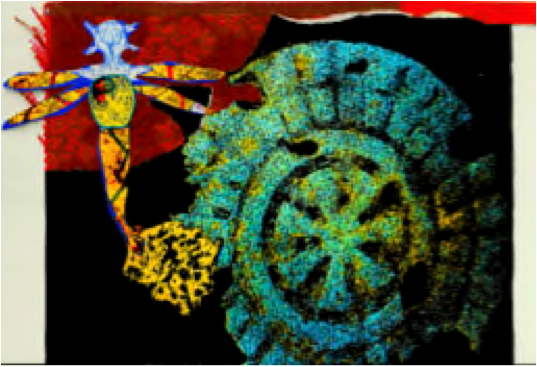“We all know how democracy is supposed to work. Politicians are supposed to campaign on the issues, and an informed public is supposed to cast its votes based on those issues, with some allowance for the politicians’ perceived character and competence….” Thus began his August 16, 2013 opinion piece by Paul Krugman, Nobel Prize winner and columnist for the New York Times.
Krugman then went on to cite some numbers from a Google Consumer Survey that shows that a majority of respondents, when asked whether the U. S. budget “deficit has gone up or down since January 2010,” say that it has gone up; “with more than 40 percent saying that it has gone up a lot. Only 12 percent answered correctly that it has gone down a lot,” a fact that is confirmed by official reports from the U. S. Congressional Budget Office.
Dr. Krugman quotes the second-ranked House Republican Eric Cantor and Senator Rand Paul spreading the misinformation that the budget deficit is still growing and wonders if they know that what they’re saying is not true.
Well, obviously if they do know what they’re saying is not true, they’re outright liars (which we suspect), and if they don’t know, they’re incompetent (which we also suspect) and should not be in government representing their electorates.
Yet they are there as duly elected decision-makers representing people who presumably believe and trust them. Further, these representatives seem to feel they are doing a great job, together with their colleagues, of serving the people by essentially blocking national decision-making on virtually every issue from climate change to job creation.
It is now so well-known that the U.S. Congress is dominated by white male millionaires whose campaigns are largely funded by a small minority of the population (132 persons paid for 60% of campaign funds), i.e., by special interests, and that laws are formulated with a bias toward serving those interests, that one hardly needs to dig up the evidence again. If the reader questions this assertion and is curious, please visit the Center for Responsive Politics’ website www.OpenSecrets.org or numerous other sources that collect data on this issue. You could also watch the TED talks by lawyer, legal scholar, and former Young Republican, Lawrence Lessig at www.ted.com
Now to reword the question that forms the title to this essay: Is it a democracy when electorates are poorly informed and elected representatives successfully deceive the public in order to better serve themselves and their special interest backers? The answer is a resounding “NO!” This is not the way an authentic democracy functions. We have, instead, a polyarchic system as described by Yale University Sterling emeritus professor of political scientist and past-president of the American Political Science Association, Robert A. Dahl, who is often described as “the dean of American political science.”
But of course it is still possible to have a government that is much closer to the ideals of democracy than is the current U.S. government. We have some of the necessary parts: freedom of thought, speech, and association; a culturally-based belief in the ideals of democracy; and a constitution with laws that could with some modification form a solid legal basis for authentically democratic decision-making. [Part Two of this essay will appear in a future edition on this website]

